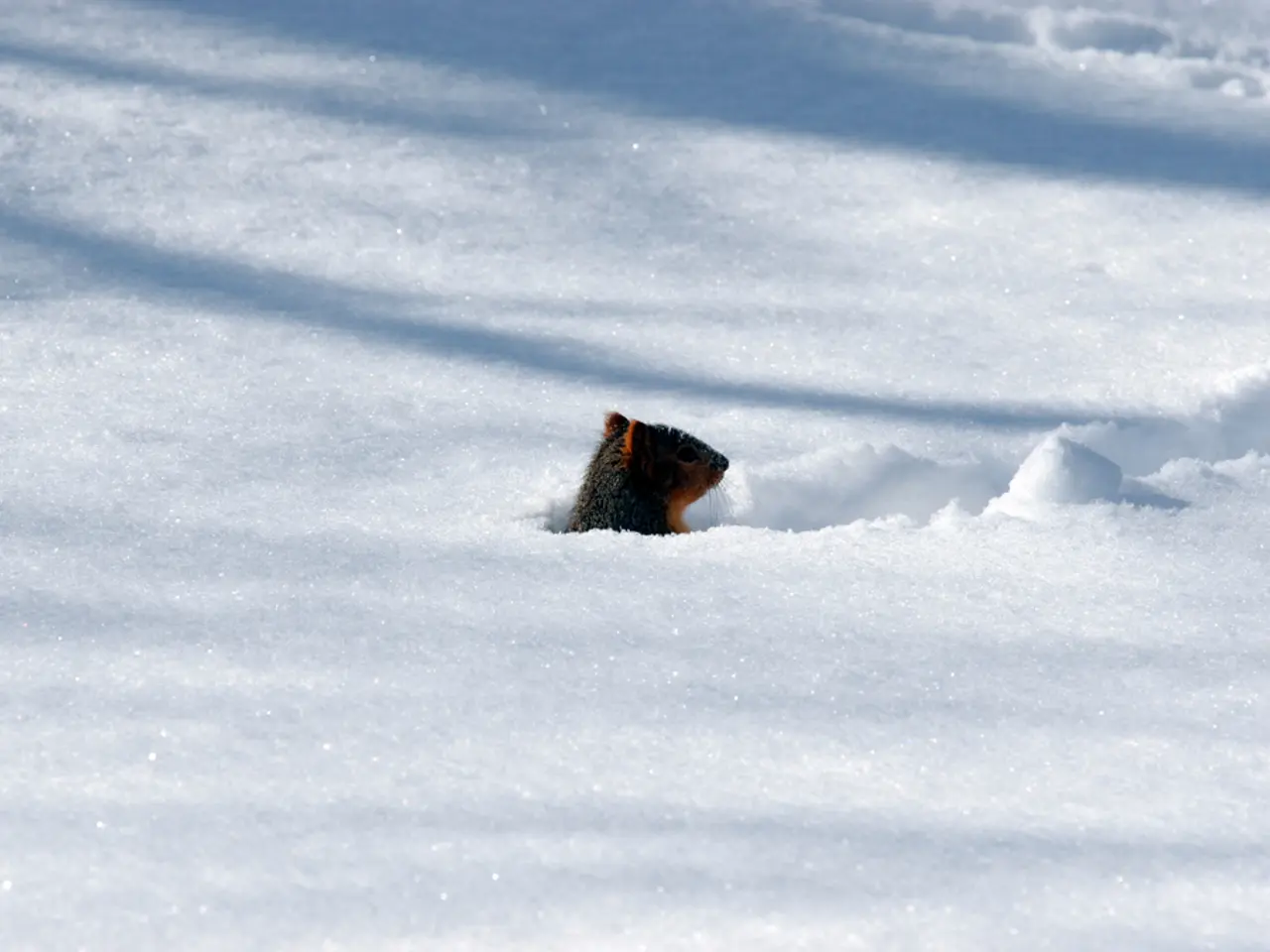Alert issues due to early snowfall enhancing possibility of avalanches during the initial season
The winter season has officially arrived in New Zealand, and with it comes the early onset of the avalanche season. The New Zealand Avalanche Advisory (NZAA), operated by Mountain Safety Council (MSC), is encouraging all backcountry users to exercise extreme caution and stay updated on the avalanche danger.
As heavy snow is expected to hit the South Island later this weekend and into early next week, the MSC is urging those who enjoy activities such as skiing, climbing, hunting, and tramping in remote and challenging alpine areas to be particularly vigilant.
The MSC is well-equipped to support backcountry users with its remote mountain camera in the NZAA Nelson Lakes forecasting region. This camera provides valuable insights to the NZAA forecasters, who update the 13 regional forecasts at avalanche.net.nz as new information becomes available. The NZAA supports 13 avalanche-prone regions across New Zealand, with 11 located in the South Island and 2 in the North Island.
Currently, the Aoraki/Mt Cook region is on a 'high' danger rating, while Aspiring and Arthur's Pass are on 'considerable', and Tongariro and Queenstown are sitting at 'low'. However, the Southern Alps region is likely to receive avalanche warnings several months earlier than usual this year due to changing weather and snow conditions.
To ensure safety in the New Zealand backcountry this winter, the MSC advises backcountry users to get the forecast, get the training, and carry the right equipment. Hikers and trampers can find the avalanche forecast under alerts on Plan My Walk.
Public observations are also crucial for the NZAA regional avalanche forecasters. The MSC's Chief Executive, Daisley, encourages backcountry users to submit public observations on the NZAA website to provide additional information. A recent public observation was taken from the Tongariro Alpine Crossing on May 13.
Backcountry users are reminded that a high danger level indicates very dangerous avalanche conditions where travel is not recommended. With the early start to the avalanche season this year, it's more important than ever to stay informed and take a very cautious approach to any early season activities.
Read also:
- Digestion Deep Dive: Understanding causes, remedies, and beyond for regurgitation problems
- Reversing Fatty Liver Disease: A Look at Recent Studies and Findings
- Connection between constipation and eczema: An investigation
- Right-wing Israeli minister supports controversial plan for West Bank settlement expansion








